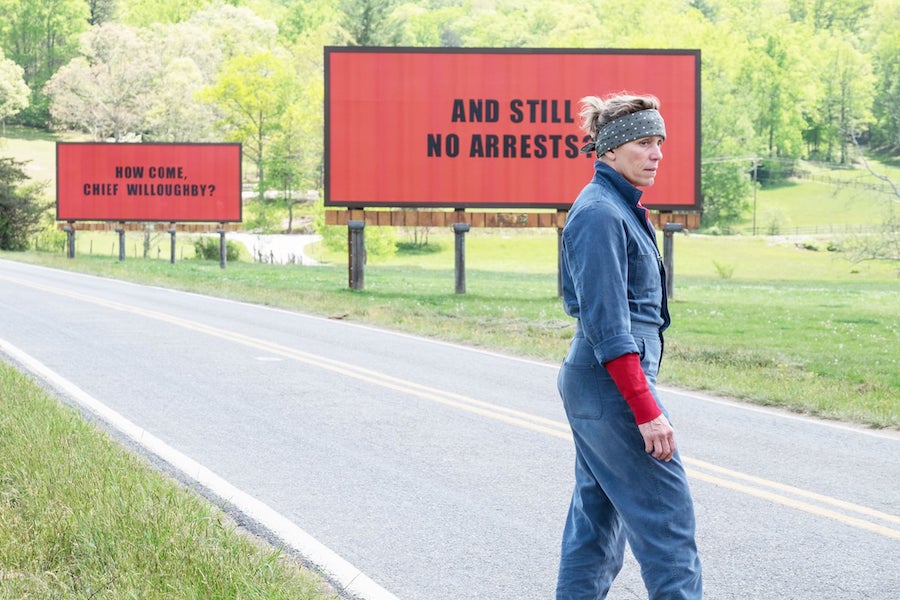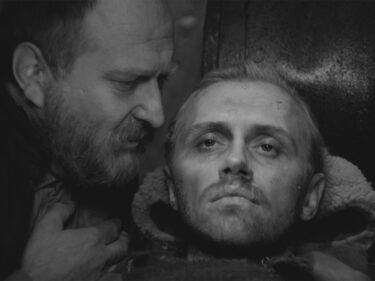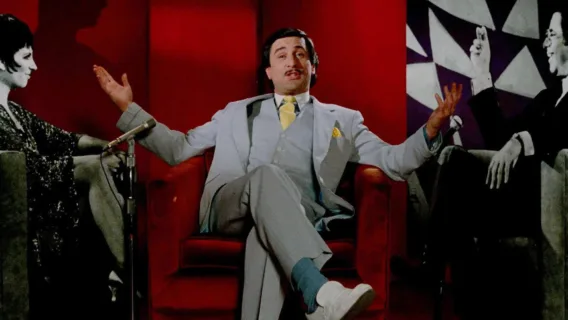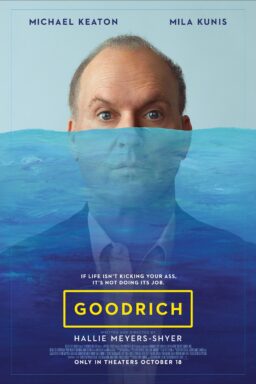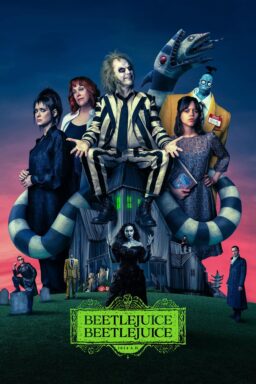I recently saw a YouTube video review by British film critic Mark Kermode where he addresses complaints from some of his viewers about my favorite film from 2017, Martin McDonagh's "Three Billboards Outside Ebbing, Missouri." His followers claim the movie has a "racist element to it," and they object to the fact that the police officer played by Sam Rockwell becomes an object of sympathy towards the end of the movie. Now, there is no denying that most of the main characters in "Three Billboards" are indeed racist, and that one of the film's biggest surprises is the great deal of affection Rockwell's character ultimately engenders. While Kermode concludes that each person is entitled to their opinion, I have my doubts that some of his readers were able to grasp what the filmmakers were trying to convey.
"Three Billboards Outside Ebbing, Missouri" deals with the wild chain of events that follow store clerk Mildred Hayes' (Frances McDormand) decision to use three abandoned signs on a seldom traveled road to express her outrage over law enforcement's inability to make any arrests on her daughter's rape and murder case. Most of the characters affected by their presence are clearly racist to one degree or the other, and that is far from their only fault. Among them are the seemingly incompetent Sheriff Willoughby (Woody Harrelson); the violent, momma's boy, deputy Dixon (Sam Rockwell); the not-too-bright, advertising company employee in charge of leasing Mildred the signs (Caleb Landry Jones); Mildred's suffering son Robbie (Lucas Hedges) and her abusive ex-husband Charlie (John Hawkes). Mildred herself is verbally and physically abusive towards good and bad alike, and, in a flashback scene, we come to learn that her much idealized daughter Angela (Kathryn Newton), the victim of the crime, was hardly an angel herself. "Three Billboards" is tragic but it is also a very funny film. It has several moments when you find yourself feeling guilty about laughing at the expense of the characters' misfortunes, as when a man gets blown away by a Molotov bomb ("you've had a run of bad luck but things are going to change, I can feel it") or when a dentist's thumb is perforated with his own drill.
McDonagh displays several of his abilities in "Three Billboards," like managing to make hilarious and absurd situations make perfect sense within the context of the movie, and I'm not even referring to his penchant for incorporating little people into the most unlikely scenarios. He did the same successfully in "In Bruges," a film where not only does a man save the life of another he had every intention of murdering himself (while the latter was trying to commit suicide, no less!) but going as far as sacrificing his own life in the process. This trait, along with the use of colorful dialogue and odd choices of songs would seem to be the influence of Quentin Tarantino and particularly "Pulp Fiction" (think of the Bruce Willis character risking his life by going back into a hellish basement to save the very man who swore to kill him).

In "Three Billboards," McDonagh manages to come up with plenty of these unusual examples and they represent some of his finest: the one character most affected by the billboards turns out to be the surprise donor who makes sure that they will not be taken down anytime soon; a man visits a police station at the one time no one is supposed to be present and gets torched in the process; the same character throws another from a second story window in front of the very man who's about to take over for his deceased boss; a victim and their aggressor end up sharing a room at the hospital; one of them allows himself to get beat up in order to help the very woman who's been making life hell for him. As absurd as all of these circumstances may sound, they all represent essential components to the plot.
The characters here convey nuances that slowly hint at who they really are. Mildred spends most of her scenes blasting away at anyone she comes across but her brief reaction at a nemesis coughing blood in her face conveys volumes, so does the reaction by Dixon's bizarre mother to his beat-up face or even his own insistence in protecting the case file at all costs in the middle of a blaze. I can't recall another film, perhaps since "LA Confidential," where the nature of the characters and their relationships seem set in stone from the beginning but are progressively revealed to be something entirely different, in a convincing manner.
Regarding the main question brought up by Kermode's readers, is it wrong to sympathize with Rockwell's character? I don't think so. McDonagh doesn't manipulate the audience into liking any of his characters. He never hides their uglier sides nor how their actions affect those around them. No one here evolves enough to become politically correct, to say the least. And Dixon literally goes through hell and back throughout the movie. When he gets fired, it is as a consequence of his actions. When he gets torched, it is the outcome of extreme bad luck. But when he gets himself beaten to a pulp by a potential suspect, he does it willingly for a greater good. That he becomes an object of sympathy is perhaps the biggest and the best surprise in "Three Billboards," and one of the reasons why I like it more with each viewing.
For most of its running time, the film entertains an acceptable solution to the murder of Mildred's daughter. But a change of course makes plenty of sense, as "Three Billboards" is not really a murder mystery flick. Racism is not at its core, but redemption—a kind that's available for even the most unlikely group of individuals.
I recently watched the latest Academy Award-winner "Green Book" and I can't help but compare it to "Three Billboards." "Green Book" portrays its own group of harassing cops as no good, two-dimensional racist in a "road trip" format of what Roger used to call a "Wunza Movie" (one is a prodigious pianist, the other is a bouncer turned bodyguard). I found "Green Book" extremely predictable in the sense than you can easily anticipate its outcome and closing scene well in advance. On the other hand, "Three Billboards" conveys the sense of unpredictability that characterizes real life, one that's seldom made out of heroes and villains but more often of flawed individuals struggling to do the right thing. "Green Book" may have been the one awarded with the Best Picture Oscar, but, of these two recent Oscar winners, only "Three Billboards Outside Ebbing, Missouri" is a great movie.

